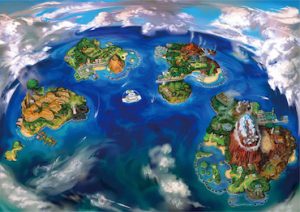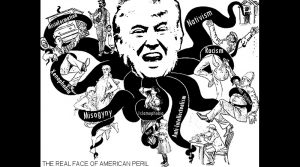I wrote about this in my annotations, but there’s a book I remember reading where a mother had a conversation with her daughter about her aunt who they did not speak the name of due to her being banished. I feel like it may have read it when I was in my women’s literature class a few years ago, but it’s fuzzy.
Anyways, the moment in Paper Bullets where it mentioned how family would ignore and not say the names of those who have shamed the family name reminded me a lot of that book, which also had a Chinese family describing this. The story went along the lines of this:
The narrator, the young daughter (around 10-years-old) listens to the mother’s story about how her sister had sex with an unknown man and became pregnant. This is considered to be shameful, and since her husband was dead, it was fairly obvious that she had sex with another man. The man ran off while the woman was left to take the blame, and eventually the whole town came to her family’s home and destroyed the livestock, destroyed the house, and killed the livestock. The family shunned her from the land, in which she complied and left the town.
This is where the mother’s story stops, but the child, who has an active imagination, decides to mislead the reader and make up endings of her own. One specific example I remember was how the woman fell down a well and was killed (including the unborn baby). However, this in-turn poisoned the water supply for the town, killing all of the inhabitants that originally kicked her out. Up until the present, she still haunts this well, and whoever goes near it is pulled down with her and killed.
I don’t know, I just found it interesting that this wasn’t just for that book and is an actual cultural thing. Very sad, especially when considering the example of the sister. I just wish I could remember the title of that damn book.


